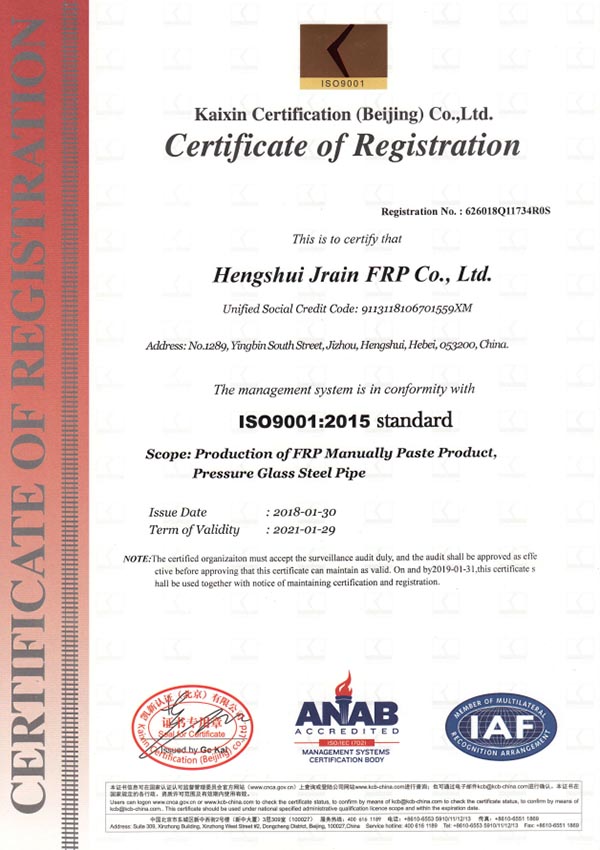
-
 Afrikaans
Afrikaans -
 Albanian
Albanian -
 Amharic
Amharic -
 Arabic
Arabic -
 Armenian
Armenian -
 Azerbaijani
Azerbaijani -
 Basque
Basque -
 Belarusian
Belarusian -
 Bengali
Bengali -
 Bosnian
Bosnian -
 Bulgarian
Bulgarian -
 Catalan
Catalan -
 Cebuano
Cebuano -
 China
China -
 China (Taiwan)
China (Taiwan) -
 Corsican
Corsican -
 Croatian
Croatian -
 Czech
Czech -
 Danish
Danish -
 Dutch
Dutch -
 English
English -
 Esperanto
Esperanto -
 Estonian
Estonian -
 Finnish
Finnish -
 French
French -
 Frisian
Frisian -
 Galician
Galician -
 Georgian
Georgian -
 German
German -
 Greek
Greek -
 Gujarati
Gujarati -
 Haitian Creole
Haitian Creole -
 hausa
hausa -
 hawaiian
hawaiian -
 Hebrew
Hebrew -
 Hindi
Hindi -
 Miao
Miao -
 Hungarian
Hungarian -
 Icelandic
Icelandic -
 igbo
igbo -
 Indonesian
Indonesian -
 irish
irish -
 Italian
Italian -
 Japanese
Japanese -
 Javanese
Javanese -
 Kannada
Kannada -
 kazakh
kazakh -
 Khmer
Khmer -
 Rwandese
Rwandese -
 Korean
Korean -
 Kurdish
Kurdish -
 Kyrgyz
Kyrgyz -
 Lao
Lao -
 Latin
Latin -
 Latvian
Latvian -
 Lithuanian
Lithuanian -
 Luxembourgish
Luxembourgish -
 Macedonian
Macedonian -
 Malgashi
Malgashi -
 Malay
Malay -
 Malayalam
Malayalam -
 Maltese
Maltese -
 Maori
Maori -
 Marathi
Marathi -
 Mongolian
Mongolian -
 Myanmar
Myanmar -
 Nepali
Nepali -
 Norwegian
Norwegian -
 Norwegian
Norwegian -
 Occitan
Occitan -
 Pashto
Pashto -
 Persian
Persian -
 Polish
Polish -
 Portuguese
Portuguese -
 Punjabi
Punjabi -
 Romanian
Romanian -
 Russian
Russian -
 Samoan
Samoan -
 Scottish Gaelic
Scottish Gaelic -
 Serbian
Serbian -
 Sesotho
Sesotho -
 Shona
Shona -
 Sindhi
Sindhi -
 Sinhala
Sinhala -
 Slovak
Slovak -
 Slovenian
Slovenian -
 Somali
Somali -
 Spanish
Spanish -
 Sundanese
Sundanese -
 Swahili
Swahili -
 Swedish
Swedish -
 Tagalog
Tagalog -
 Tajik
Tajik -
 Tamil
Tamil -
 Tatar
Tatar -
 Telugu
Telugu -
 Thai
Thai -
 Turkish
Turkish -
 Turkmen
Turkmen -
 Ukrainian
Ukrainian -
 Urdu
Urdu -
 Uighur
Uighur -
 Uzbek
Uzbek -
 Vietnamese
Vietnamese -
 Welsh
Welsh -
 Bantu
Bantu -
 Yiddish
Yiddish -
 Yoruba
Yoruba -
 Zulu
Zulu
grp stair tread
Understanding GRP Stair Treads Safety and Durability Combined
In today's construction and renovation sectors, safety and durability are paramount, particularly in high-traffic areas such as commercial buildings, industrial sites, and public spaces. One effective solution that has gained popularity is the use of Glass Reinforced Plastic (GRP) stair treads. These innovative products offer numerous advantages over traditional materials, making them an ideal choice for both new constructions and renovations.
What are GRP Stair Treads?
GRP stair treads are prefabricated strips made from glass-reinforced plastic, a composite material that combines a polymer matrix with glass fibers, enhancing its strength and durability. The result is a lightweight yet robust product that can withstand heavy loads and resist wear and tear over time. GRP stair treads are designed to be installed on existing staircases or as part of new builds, offering a slip-resistant surface that significantly improves safety for pedestrians.
Safety Features
Safety is the foremost consideration in environments where people frequently navigate stairs. GRP stair treads excel in this aspect due to their slip-resistant surface. The texture of the tread is engineered to provide excellent traction, reducing the risk of slips and falls, making them particularly valuable in places that might become wet or greasy, such as restaurants, hospitals, or factories. Many GRP stair treads also feature visible warnings, such as bright colors or contrasting strips, which further enhance visibility and alertness for users.
Durability and Longevity
grp stair tread

One of the significant advantages of GRP stair treads is their durability. Unlike traditional materials such as wood or concrete, GRP is resistant to corrosion, rust, and fungal growth. This means the treads can hold up against the elements, including moisture, chemicals, and UV radiation, without degrading. As a result, GRP stair treads require minimal maintenance and can last for years, making them a cost-effective solution in the long run. This durability also contributes to their eco-friendliness, as fewer replacements and repairs reduce material waste.
Easy Installation and Versatility
GRP stair treads are not only durable and safe, but they are also incredibly easy to install. Their lightweight nature allows for quick and straightforward application, often requiring only adhesive or screws. Additionally, they can be customized to fit various stair dimensions and designs, making them versatile for different architectural settings. This quality makes them suitable for both indoor and outdoor applications, adapting seamlessly to diverse environments.
Cost-Effectiveness
While the initial investment in GRP stair treads may be slightly higher than some traditional materials, the long-term savings on maintenance, replacements, and potential liability costs stemming from accidents make them a practical choice. Their ability to withstand harsh conditions and heavy usage ensures that they do not need frequent replacements, which can add to the overall value of the investment.
Conclusion
In summary, GRP stair treads represent a modern solution to the age-old problem of safety in stairway design. With their slip-resistant surfaces, exceptional durability, ease of installation, and cost-effectiveness, these treads provide a comprehensive approach to creating safer, more reliable walking surfaces. As construction standards continue to evolve, incorporating materials like GRP is not just a trend but a commitment to enhancing safety and efficiency in our built environments. When considering renovations or new constructions, the choice of GRP stair treads can significantly impact the safety and longevity of your stairways.









